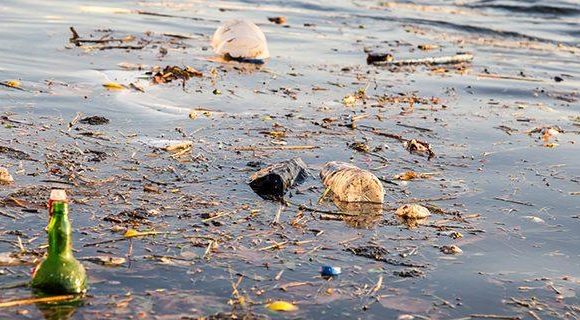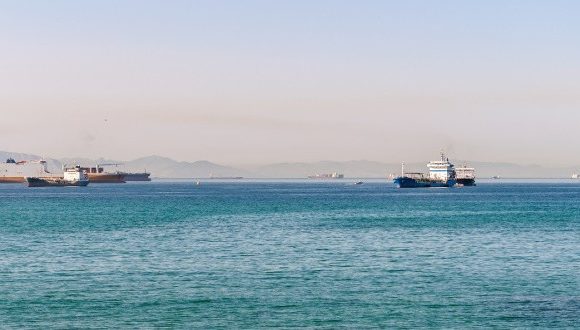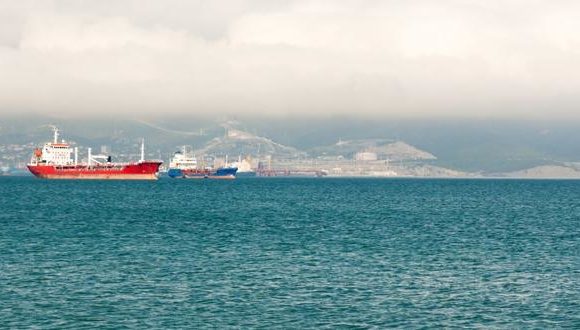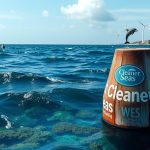Maritime Regulatory Measures and International Agreements
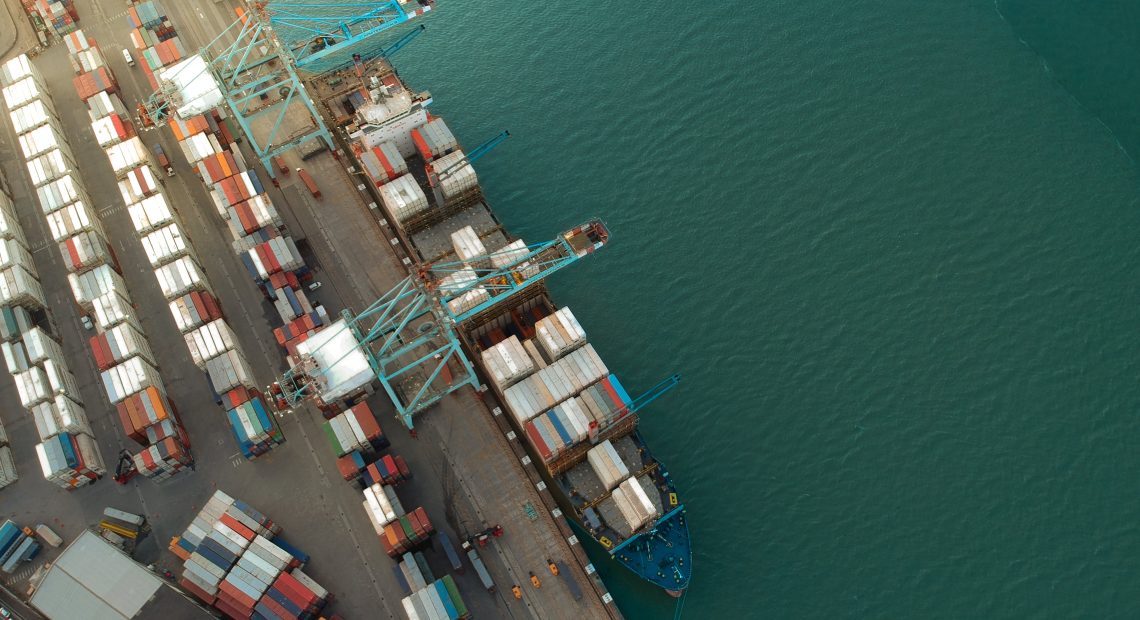
As our ships traverse the vast expanse of the world’s oceans, they are guided not only by the stars above but also by a complex network of regulatory measures and international agreements. In this maritime exploration, we’ll embark on a journey through the labyrinth of regulations that shape the seascape, focusing on the efforts of the International Maritime Organization (IMO) to reduce greenhouse gas emissions and enforce environmental standards.
International Maritime Organisation (IMO)
Our story begins with the International Maritime Organization, the undisputed maestro orchestrating global maritime governance. Established by the United Nations, the IMO serves as the central hub where nations come together to set the stage for international regulations that govern the shipping industry. One of its paramount objectives is to address environmental concerns and reduce the maritime industry’s ecological footprint.
IMO’s Efforts to Reduce Greenhouse Gas Emissions
As we set sail into the heart of environmental stewardship, the IMO takes center stage in the battle against greenhouse gas emissions. The shipping industry, like any other, contributes to the global carbon footprint, and the IMO is committed to steering it towards a more sustainable future.
The IMO’s Initial IMO GHG Strategy, adopted in 2018, outlines a vision for reducing total annual greenhouse gas emissions from international shipping. The strategy sets clear targets, including a 50% reduction in total annual GHG emissions by 2050, compared to 2008 levels. Additionally, the IMO aims to pursue efforts towards phasing out GHG emissions entirely, aligning the maritime industry with broader global initiatives to combat climate change.
IMO’s Role in Enforcing Environmental Standards
Regulations without enforcement are like a ship without a rudder—directionless. The IMO not only crafts environmental standards but also wields the enforcer’s baton to ensure compliance. Through a series of conventions and regulations, the IMO sets the stage for a cleaner, greener maritime industry.
The International Convention for the Control and Management of Ships’ Ballast Water and Sediments (BWM Convention) is a shining example. Enforced by the IMO, this convention aims to prevent the spread of harmful aquatic organisms from one region to another through ballast water discharge. By mandating the use of ballast water management systems, the IMO ensures that ships adhere to environmentally responsible practices.
Other International Agreements in Harmony with IMO
The IMO, though a formidable force, is not a soloist in the symphony of maritime regulation. It harmonises its efforts with other international agreements, creating a global ensemble committed to sustainable shipping practices.
The United Nations Convention on the Law of the Sea (UNCLOS) provides the overarching legal framework within which the IMO operates. UNCLOS delineates the rights and responsibilities of nations regarding the use of the world’s oceans, promoting the peaceful use of maritime routes while safeguarding marine resources.
Additionally, regional agreements, such as the European Union’s Monitoring, Reporting, and Verification (MRV) Regulation, complement the IMO’s efforts. The MRV Regulation requires ships calling at EU ports to monitor and report their CO2 emissions, fostering transparency and accountability in the pursuit of environmental goals.
The Seas of Implementation
As we navigate the regulatory seas, we encounter challenges that test the mettle of international agreements. The implementation of regulations demands cooperation, resources, and a shared commitment from nations across the globe. Striking a balance between environmental responsibility and the economic viability of the shipping industry is a delicate dance—one that requires strategic navigation.
The challenge of enforcing regulations uniformly across diverse maritime nations adds another layer of complexity. The IMO’s role as a facilitator of collaboration becomes crucial, fostering a sense of shared responsibility and ensuring that no ship becomes a rogue player in the global maritime orchestra.
The Promise of a Sustainable Maritime Future
In the grand finale of our maritime journey, the horizon becomes clear—a future where international regulations and agreements sculpt a sustainable maritime industry. The IMO’s efforts to reduce greenhouse gas emissions and enforce environmental standards, coupled with collaboration on a global scale, pave the way for a cleaner, greener seascape.
As we sail towards this promising future, let us celebrate the collective commitment of nations, organisations, and maritime enthusiasts to preserve our oceans for generations to come. The regulatory measures and international agreements may be complex, but their purpose is clear—to navigate the seas in harmony with nature, ensuring that our maritime adventures leave behind a legacy of environmental responsibility.
IMO’s Technical Regulations
Beyond overarching strategies, the IMO is meticulous in setting technical regulations that address specific aspects of environmental impact. From the Energy Efficiency Existing Ship Index (EEXI) to the Ship Energy Efficiency Management Plan (SEEMP), the IMO establishes a framework that encourages continuous improvement in energy efficiency and environmental performance. These regulations serve as the fine-tuning of the maritime industry’s ecological orchestra, ensuring that each vessel plays its part in reducing environmental impact.
IMO’s Support for Green Technologies
In its pursuit of a sustainable maritime future, the IMO champions innovation and green technologies. The Global Maritime Energy Efficiency Partnerships (GloMEEP) project, led by the IMO, collaborates with countries to promote the uptake of energy-efficient technologies in the shipping sector. By fostering research, development, and dissemination of green technologies, the IMO acts as a catalyst for change, encouraging the adoption of cleaner, more efficient practices across the maritime industry.
IMO’s Commitment to Education and Awareness
Safeguarding the oceans requires more than just regulations; it demands a collective understanding and commitment from current and future generations. The IMO recognises this and actively promotes education and awareness programmes. Initiatives like World Maritime Day and the IMO’s online resources for schools aim to cultivate a sense of environmental stewardship among the youth. By fostering a maritime culture that values sustainability, the IMO ensures that the legacy of responsible maritime practices is passed on from one generation of sailors to the next.
Facts and Statistics
International Maritime Organization (IMO): The IMO, established by the United Nations, plays a central role in global maritime governance.
It focuses on reducing the ecological footprint of the shipping industry and addressing environmental concerns.
IMO’s Greenhouse Gas Reduction Efforts: The IMO’s Initial IMO GHG Strategy, adopted in 2018, aims for a 50% reduction in total annual greenhouse gas emissions from international shipping by 2050.
The strategy aligns with global initiatives to combat climate change, emphasising the pursuit of phasing out GHG emissions entirely.
Enforcement of Environmental Standards: The IMO enforces environmental standards, exemplified by the International Convention for the Control and Management of Ships’ Ballast Water and Sediments (BWM Convention).
The BWM Convention mandates the use of ballast water management systems to prevent the spread of harmful aquatic organisms.
Harmony with Other International Agreements: The United Nations Convention on the Law of the Sea (UNCLOS) provides the overarching legal framework for the IMO.
Regional agreements, such as the European Union’s MRV Regulation, complement IMO efforts by promoting transparency and accountability.
Implementation Challenges: Implementing regulations globally demands cooperation, resources, and a shared commitment.
The challenge of enforcing regulations uniformly across diverse maritime nations underscores the importance of the IMO as a facilitator of collaboration.
IMO’s Technical Regulations: The IMO sets meticulous technical regulations, including the Energy Efficiency Existing Ship Index (EEXI) and the Ship Energy Efficiency Management Plan (SEEMP).
These regulations encourage continuous improvement in energy efficiency and environmental performance.
Support for Green Technologies: The IMO champions innovation through projects like GloMEEP, promoting the uptake of energy-efficient technologies in the shipping sector.
By fostering research, development, and dissemination of green technologies, the IMO catalyzes the adoption of cleaner practices.
Education and Awareness Initiatives: The IMO actively promotes education and awareness through initiatives like World Maritime Day and online resources for schools.
These efforts aim to cultivate a sense of environmental stewardship, ensuring responsible maritime practices are passed on to future generations.
References
United Nations. (2015). Paris Agreement. Retrieved from United Nations Framework Convention on Climate Change.
World Trade Organization. (1994). Agreement Establishing the World Trade Organization.
United Nations. (1945). Charter of the United Nations.
International Labour Organisation. (1919). Constitution of the International Labour Organization.
International Maritime Organisation. (1973). International Convention for the Prevention of Pollution from Ships (MARPOL).
World Health Organization. (2005). International Health Regulations (2005).
International Agreements
Understanding the WTO Agreement on Sanitary and Phytosanitary Measures
Optimise quality control with next-generation, real-time industrial liquid process monitoring technology

